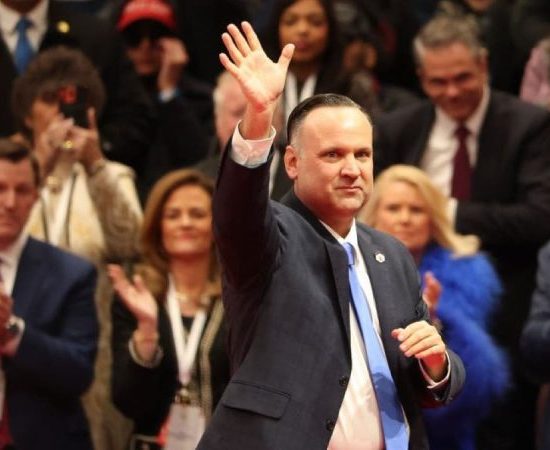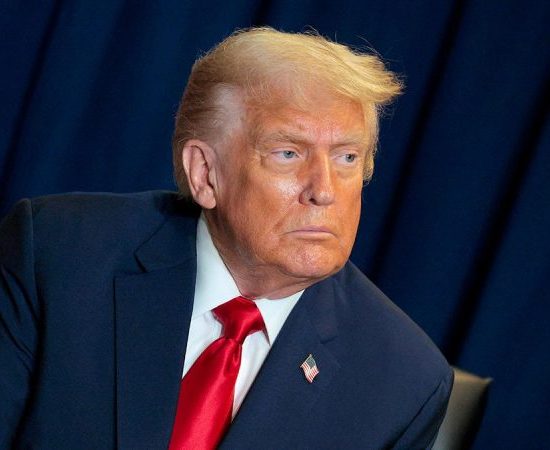Conservative Support for Trump Shows Signs of Erosion as 2024 Looms Introduction: As the political landscape gears up for the highly anticipated 2024 presidential race, a significant shift in conservative support for former President Donald Trump is becoming increasingly evident. Once hailed as a Republican icon, Trump’s influence within his own party seems to be waning, leaving many to question the future of conservatism in America. In this article, we delve into the reasons behind this erosion of support and explore the potential implications for the upcoming election. The Rise and Fall of Trump’s Conservative Base: Donald Trump’s presidency was marked by a fervent base of conservative supporters who rallied behind his promises of economic growth, immigration reform, and a return to traditional values. However, as time has passed since his departure from the White House, cracks have begun to appear in this once-unified front. One of the key factors contributing to this erosion of support is the lingering aftermath of the January 6th Capitol insurrection. The violent events of that day, which saw Trump supporters storming the halls of Congress, have left a stain on his legacy. Many conservatives, while still appreciative of Trump’s policies, have distanced themselves from his rhetoric and the actions of his most ardent followers. Another significant factor is the emergence of new voices within the Republican Party. As the 2024 election approaches, potential candidates such as Florida Governor Ron DeSantis and former United Nations Ambassador Nikki Haley have been gaining traction among conservatives. These rising stars offer a fresh perspective and a chance for the party to move beyond the controversies that have surrounded Trump’s tenure. Policy disagreements have also played a role in the erosion of support. Some conservatives have expressed concerns over Trump’s handling of the COVID-19 pandemic, particularly his skepticism towards mask-wearing and his promotion of unproven treatments. Additionally, his approach to international relations, including his unconventional diplomacy with North Korea and withdrawal from international agreements, has raised eyebrows among more traditional conservatives. Implications for the 2024 Election: The diminishing support for Trump within conservative circles could have significant implications for the upcoming 2024 election. While he remains a formidable force within the Republican Party, his ability to rally the same level of enthusiasm and loyalty as in previous years may be in question. This shift opens up opportunities for other candidates to emerge as frontrunners for the Republican nomination. As the party seeks to redefine itself post-Trump, it will be crucial for conservatives to find a candidate who can bridge the gap between Trump loyalists and those looking for a fresh direction. Furthermore, the erosion of conservative support for Trump may also impact his ability to attract independent voters, who often play a decisive role in general elections. Without a united conservative base, Trump’s chances of securing the presidency for a second time could be significantly diminished. Conclusion: As the 2024 election draws near, the once-unwavering support for Donald Trump among conservatives is showing signs of erosion. The aftermath of the Capitol insurrection, the emergence of new voices within the Republican Party, and policy disagreements have all contributed to this shift. The implications of this waning support are far-reaching, potentially reshaping the future of conservatism in America and opening up opportunities for other candidates to rise to prominence. Only time will tell how this evolving dynamic will impact the political landscape in the years to come.





